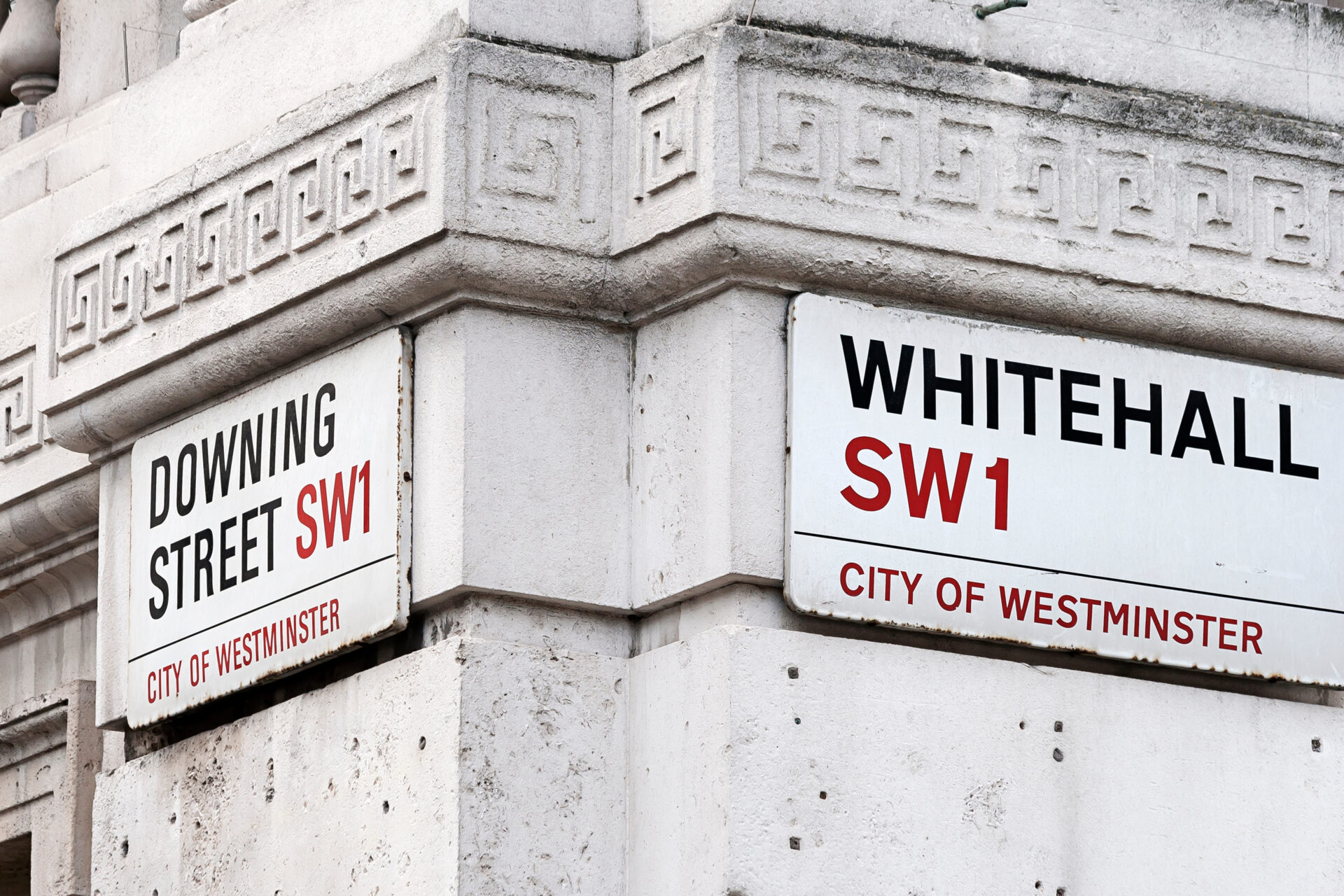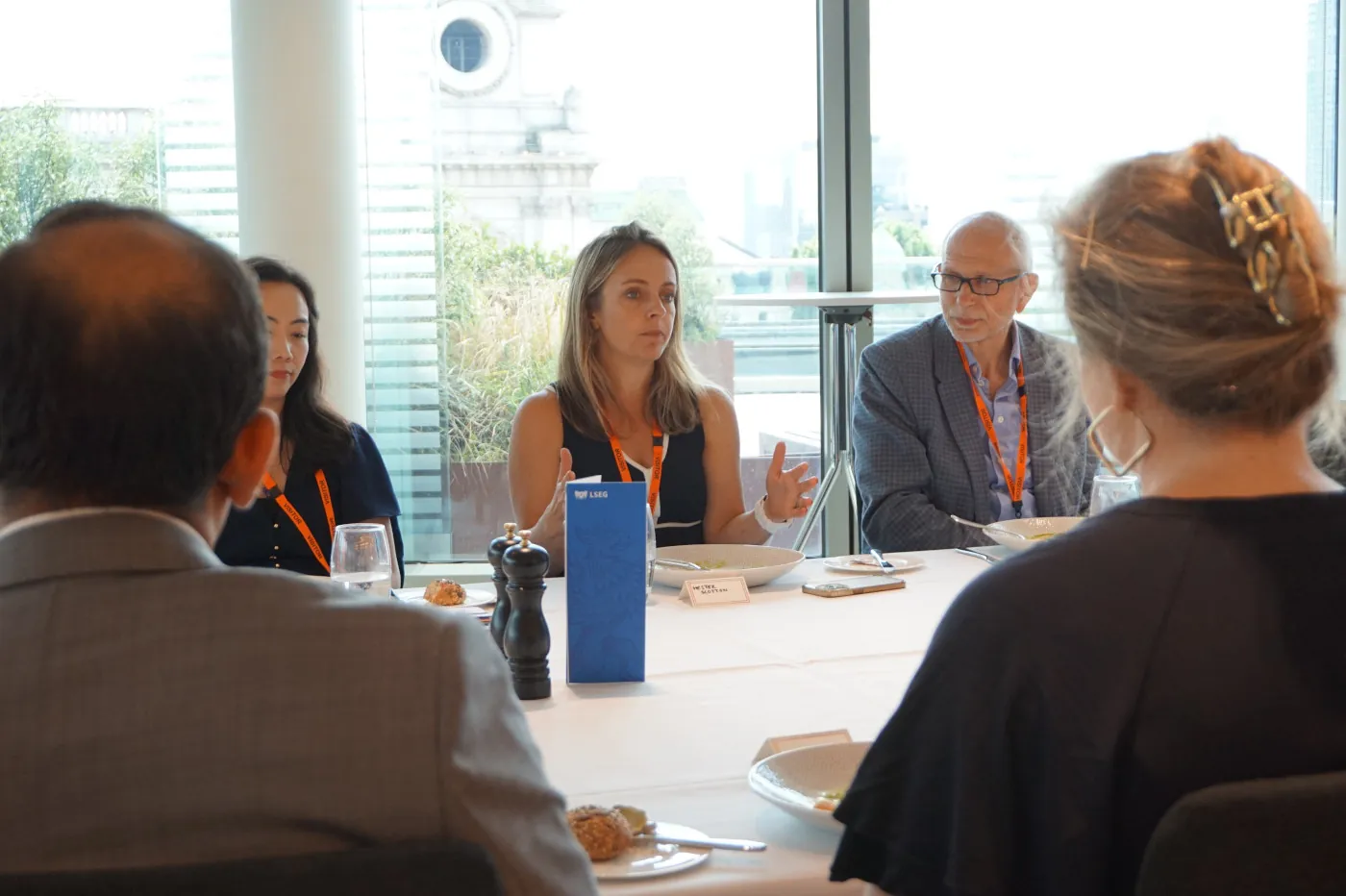Another day; another Chancellor, Prime Minister and budget. Well, an Autumn Statement to be precise. Jeremy Hunt addressed the nation this morning, laying out his plans to stabilise the UK economy, protect public services and prioritise growth in energy, infrastructure and innovation.
Hunt’s Autumn Statement followed a meeting last week alongside new Prime Minister Rishi Sunak where they heard from the Federation of Small Businesses (FSB), Confederation of British Industry (CBI), Make UK and the Institute of Directors (IoD).
These business groups have been openly sceptical about the Autumn Statement with FSB Chief of External Affairs, Craig Beaumont, predicting “an anti-growth and anti-business set of policies designed to do no more than stop the problems rather than build for the future”.
He urged Hunt to prioritise business growth and provide further support to SMEs while the CBI called for the Autumn Statement to soften the blow that business rates will bring in 2023.
So how did the Chancellor’s speech measure up to the predictions and proposals you’ve seen in the headlines and heard on the grapevine these last few weeks?
In case you missed it, we’ve summarised the Autumn Statement announcements most relevant to small businesses here:
- The £85,000 VAT threshold will be maintained until March 2026
- Income Tax allowance frozen and Dividend Tax allowance halved
- Rebalancing of R&D Tax Credits bad news for small businesses
- £5,000 Employment Allowance threshold to stay the same
- Transition Relief scheme to soften the blow of business rates
The £85,000 VAT threshold will be maintained until March 2026
Small businesses turning over less than £85,000 per year don’t have to register for VAT, a threshold that’s been frozen since 2017. The upside of this is of course that the smallest businesses pay less tax. The downside, however, is that the threshold might actually encourage (or force) these businesses to stay small.
There’s an argument for the freeze on this VAT threshold as a double-edged sword. On the one hand, thousands of small businesses will start paying VAT for the first time – in the midst of a recession and cost of living crisis when they can least afford it.
And on the other hand, as the FSB and CBI have argued, many of the 2 million UK businesses currently below the threshold could simply cap revenues or pause operations. Why? Because it makes more financial sense to stop growing than to start paying additional tax.
Income Tax allowance frozen and Dividend Tax allowance halved
In the Autumn statement this morning, we learned that the Personal Allowance for Income Tax will be frozen at £12,570 and main National Insurance thresholds will stay in place, too. Now you might be wondering why we’re switching gears to personal tax when we promised to focus on issues relevant to businesses, but here’s the thing: you know as well as we do that the people make the business. So the factors affecting your team are just as relevant as those directly impacting your operations. As wages rise but allowances and thresholds stay the same:
- More employees will move into a higher tax bracket for the first time
- They’ll earn more on paper but end up paying double the tax
- Their salary increase may not equate to any more take-home pay
That’s bound to impact job satisfaction, motivation, productivity or even their ability to keep up with the climbing cost of living – unless they can find a much higher salary elsewhere
Millions of entrepreneurs across the UK pay tax through a limited company. From freelancers or consultants intending to stay as such to owners just starting to build the next generation of small and medium-sized businesses.
For many, the money they take home at the end of the month is paid as dividends or a combination of dividends and a salary below the Personal Allowance threshold. The Chancellor’s planned cuts to the tax-free allowance on those dividend payments will be a bitter pill to swallow.
- Currently, limited company owners don’t pay tax on the first £2,000 paid in dividends
- In 2023 this will be halved to £1,000
- The tax-free dividends allowance will halve again in 2024 to just £500
Coupled with planned increases to Corporation Tax from 19% to 25% in April 2023, a limited company owner could, in certain cases, end up paying more tax than an employee on the same salary.
Rebalancing of R&D Tax Credits bad news for small businesses
Despite naming innovation is one of the government’s three growth priorities, Jeremy Hunt announced plans to “rebalance” R&D tax credits as a way of combatting abuse and fraud associated with the scheme. Unfortunately, the rebalancing will mean 30% less benefit for SMEs.
The Research and Development tax relief scheme was introduced by the government to encourage and support innovation among SMEs. When you spend money on developing new or enhancing existing products and services, your business can apply to HMRC for tax relief or a cash payment to offset those R&D costs.
In his Autumn Statement, the Chancellor slashed the deduction rate from 130% to 86% and brought the credit rate down to 10%. Combined with Corporation Tax hikes, this will means less savings on R&D expenditure for innovative small businesses.
£5,000 Employment Allowance threshold to stay the same
Following that double dose of doom and gloom, let’s turn our attention to some good news:
HMRC’s Employment Allowance is a way for businesses to bring down their payroll costs by paying less in National Insurance Contributions (NICs). You can claim up to £5,000 per tax year through the Employment Allowance, a threshold that was frozen until 2028 in today’s Autumn Statement.
The UK government argues that while NICs have also been fixed for two years “the Employment Allowance will continue to protect 40% of businesses from paying any NICS at all.”
Transition Relief scheme to soften the blow of business rates
Answering the rallying call to action from the FSB, CBI, IoD and Make UK, Hunt’s Autumn Statement included a £13.6 billion commitment to soften the blow of business rates as property revaluations go ahead in 2023.
To protect rate payers against rising inflation, the multiplier will be frozen in 2023/24 and targeted relief for 230,000 hospitality and leisure businesses will rise from 50% to 75% in April. But the biggest buzz by far was made in response to a £1.6 billion Transitional Relief Scheme.
Here’s what we know so far:
- The Transition Relief scheme will cap increases for rate payers who would have been hit with the highest bills when revaluations take effect
- Bills for the smallest businesses won’t increase by more than 5%
- Businesses with lower bills after the revaluation will get the decrease in full straight away
In addition, the government announced in a release following the Autumn Statement that “small businesses who lose eligibility for either Small Business or Rural Rate Relief as a result of the new property revaluations will see their bill increases capped at £50 a month through a new separate scheme worth over £500 million.”
Find out more about the Autumn Statement
As promised, we’ve narrowed down our summary to five key areas most relevant small businesses in the UK. If you’d like to find out more about the Autumn Statement, you’ll be spoilt for choice with news reports, opinion pieces and interviews in the days to come.
You can find a transcript of The Chancellor’s speech, download a copy of the Autumn Statement as presented to Parliament or read a media release on the government website for the latest official information.
Subscribe to read more articles like this one click here to learn more about Soldo.










